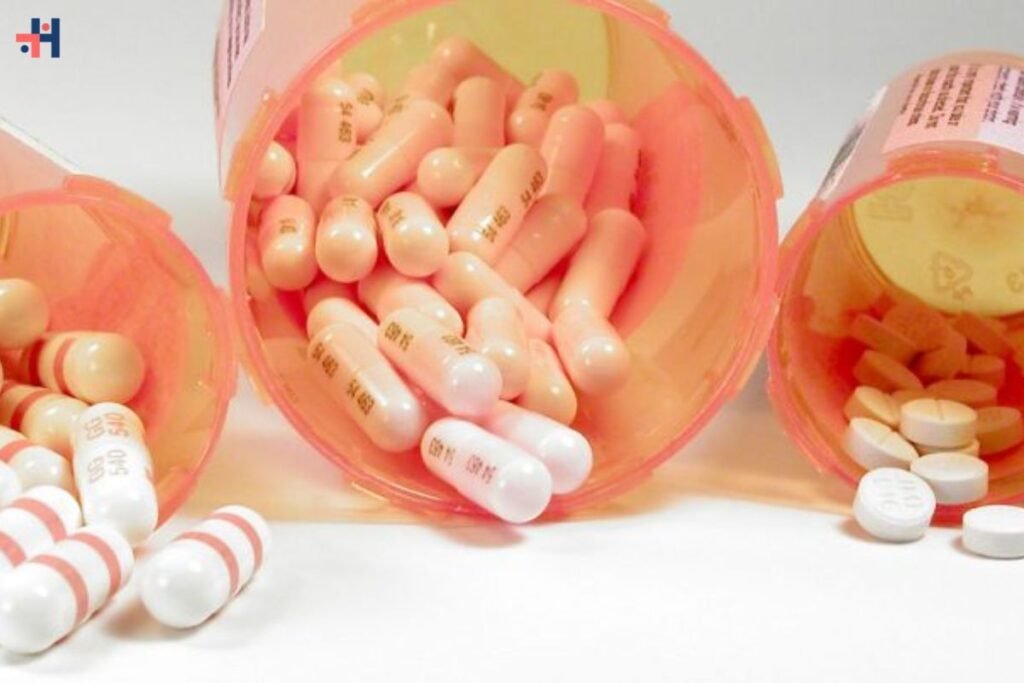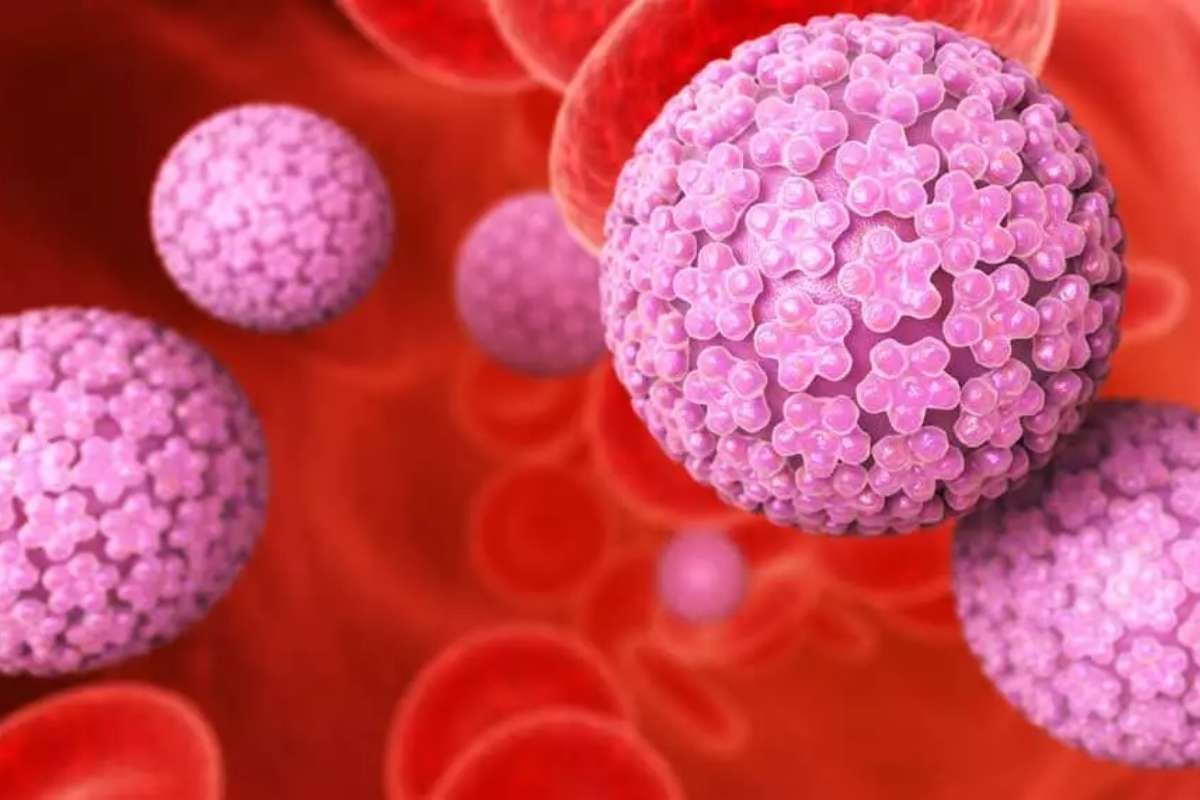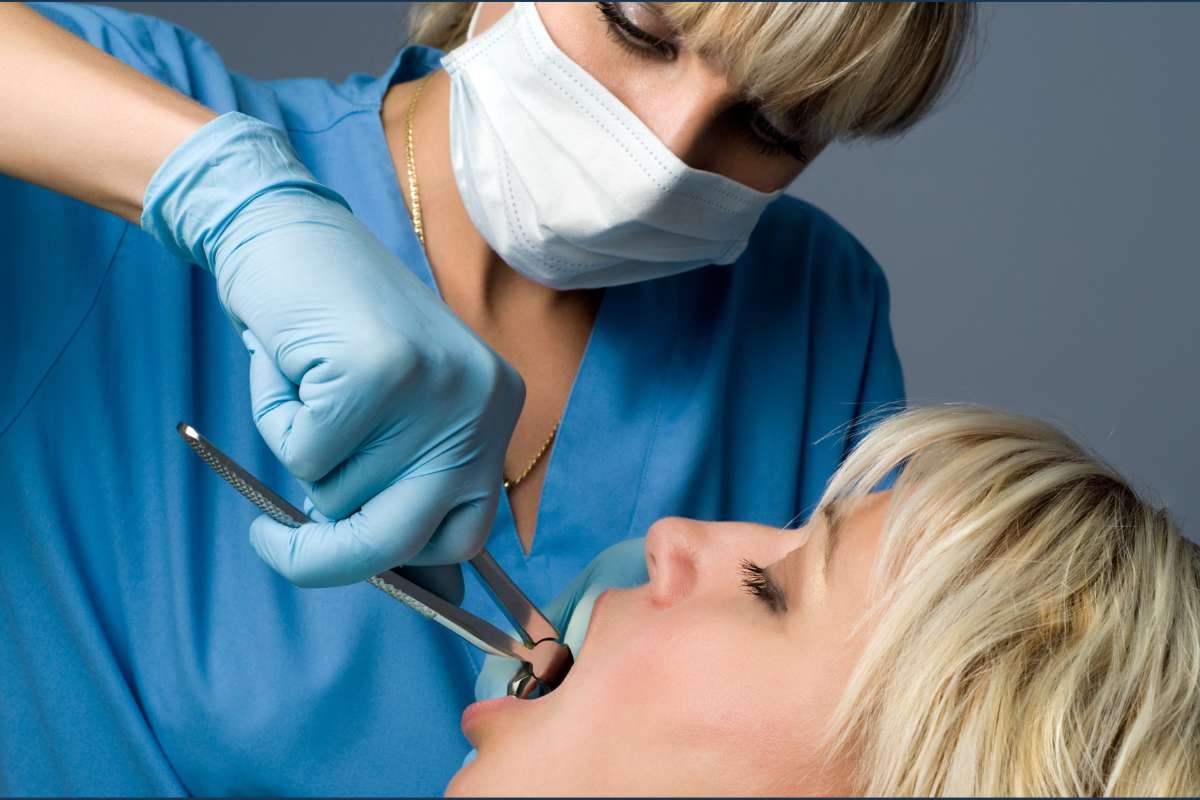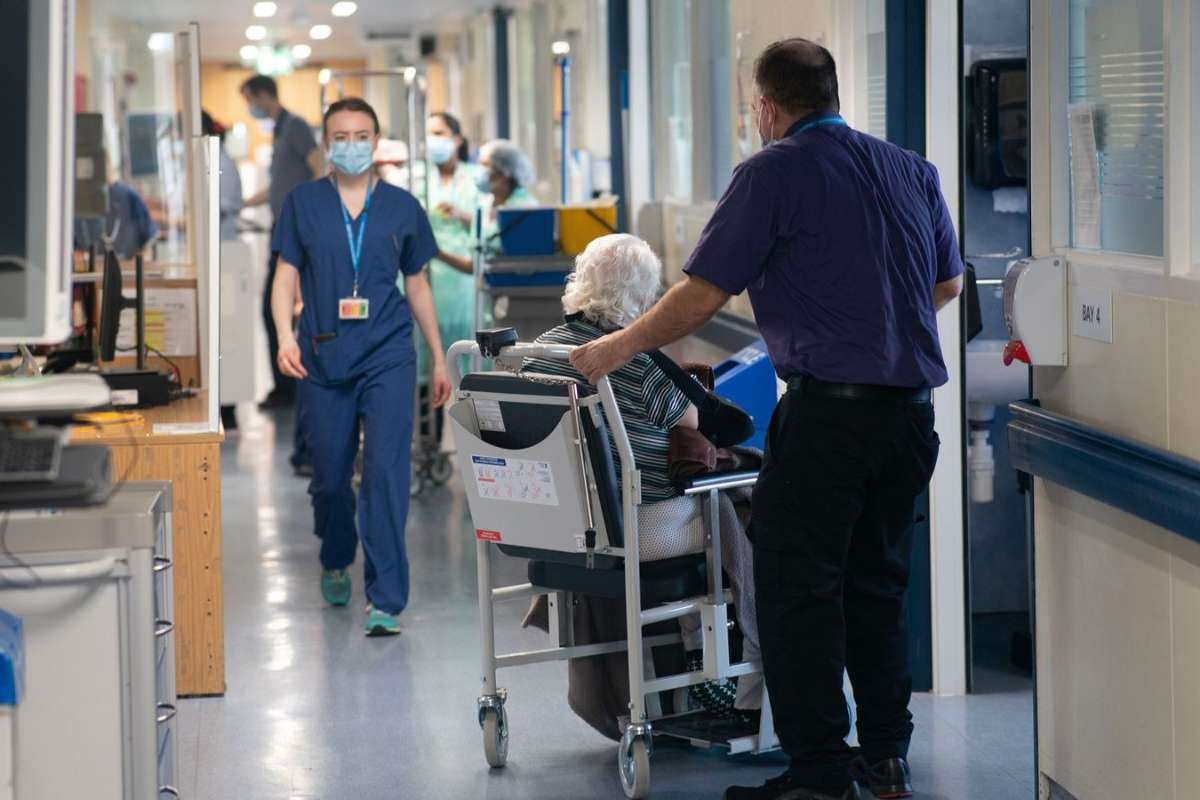Lithium is a widely used medication for the treatment of bipolar disorder, effectively stabilizing mood and preventing manic episodes. However, the therapeutic window for lithium is narrow, and excessive levels of the drug can lead to toxicity. In this guide, we will delve deeper into lithium drug toxicity, exploring its causes, symptoms, diagnosis, treatment options, prevention strategies, and long-term management.
Causes of Lithium Drug Toxicity:
- Overdose: Accidental or intentional ingestion of excessive amounts of lithium can overwhelm the body’s ability to metabolize and excrete the drug, leading to toxicity.
- Renal Dysfunction: Lithium is primarily excreted by the kidneys, and any impairment in renal function can result in decreased lithium clearance and increased serum levels.
- Drug Interactions: Certain medications, including diuretics, nonsteroidal anti-inflammatory drugs (NSAIDs), and angiotensin-converting enzyme (ACE) inhibitors, can interact with lithium, either enhancing its effects or impairing its elimination.
- Dehydration: Dehydration can concentrate lithium levels in the blood, exacerbating toxicity risk, particularly during periods of increased fluid loss such as vomiting, diarrhea, or excessive sweating.

Symptoms of Lithium Drug Toxicity:
- Gastrointestinal Symptoms: Nausea, vomiting, diarrhea, and abdominal discomfort are common gastrointestinal manifestations of lithium toxicity.
- Neurological Symptoms: Lithium toxicity can affect the central nervous system, leading to symptoms such as tremors, confusion, dizziness, slurred speech, and seizures.
- Renal Symptoms: Impaired kidney function due to lithium toxicity may result in polyuria (increased urine output), polydipsia (excessive thirst), electrolyte imbalances, and renal failure.
- Cardiac Symptoms: In severe cases, lithium toxicity may cause cardiac effects such as arrhythmias, palpitations, and hypotension.
- Metabolic Symptoms: Symptoms like fever, excessive sweating, and weight fluctuations may also occur in cases of lithium toxicity.
Diagnosis of Lithium Drug Toxicity:
Diagnosing lithium toxicity involves a combination of clinical evaluation, laboratory tests, and diagnostic imaging. Key steps in the diagnostic process include:
- Clinical Assessment: Evaluating the patient’s medical history, current symptoms, and recent lithium dosage is essential for identifying potential toxicity.
- Laboratory Tests: Blood tests to measure serum lithium levels, renal function tests (e.g., serum creatinine, blood urea nitrogen), electrolyte panels, and liver function tests can provide valuable diagnostic information.
- Electrocardiography (ECG): ECG monitoring may be performed to assess cardiac function and detect any lithium-induced arrhythmias.
- Imaging Studies: In some cases, imaging modalities such as chest X-rays or abdominal ultrasound may be used to evaluate organ involvement or assess for potential complications.
Treatment Options for Lithium Drug Toxicity:
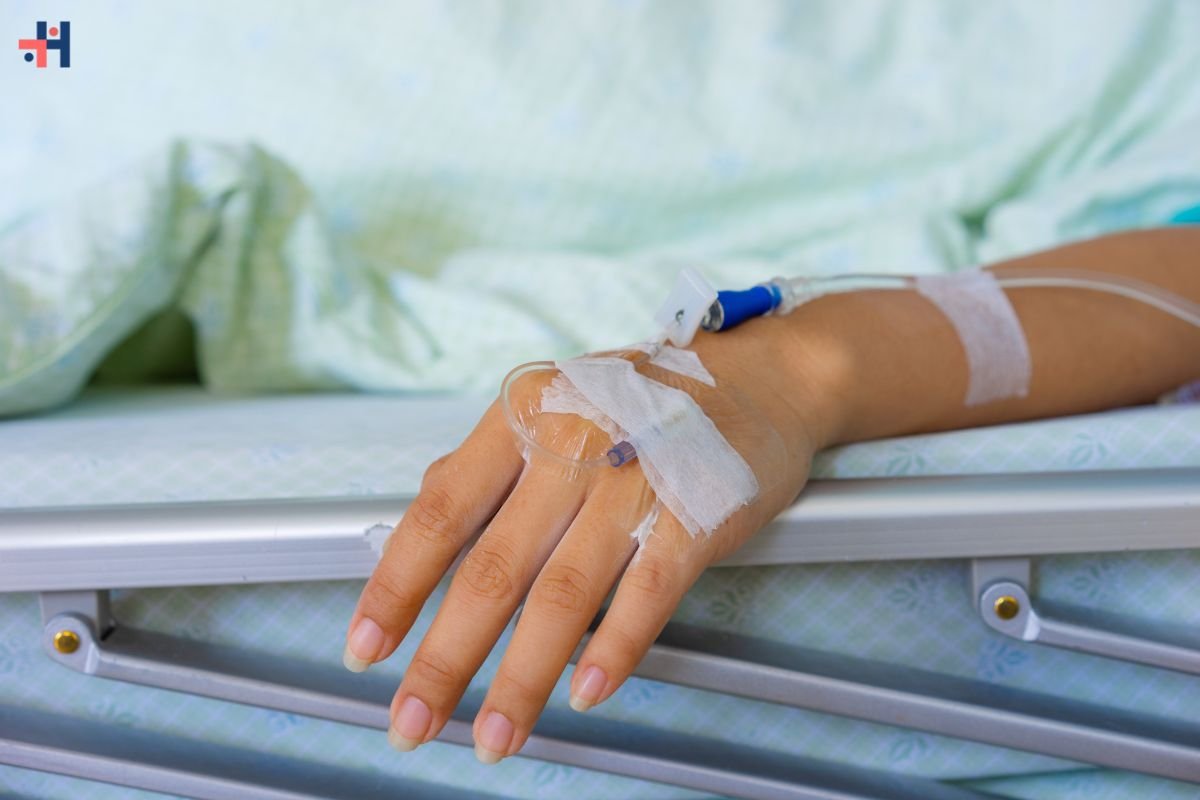
- Discontinuation of Lithium: In cases of acute toxicity, discontinuing lithium therapy is the first step to prevent further accumulation of the drug in the body.
- Supportive Care: Supportive measures such as intravenous fluids, electrolyte replacement, and gastrointestinal decontamination (e.g., gastric lavage) may be necessary to stabilize the patient’s condition and manage symptoms.
- Enhanced Elimination Techniques: In severe cases of lithium toxicity, treatments such as hemodialysis or continuous venovenous hemofiltration (CVVH) may be employed to enhance lithium elimination and reduce serum levels.
- Symptomatic Treatment: Specific symptoms of lithium toxicity, such as seizures or cardiac arrhythmias, may require targeted pharmacological interventions or supportive measures.
- Monitoring and Follow-Up: Close monitoring of serum lithium levels, renal function, electrolyte levels, and overall clinical status is essential during treatment for lithium toxicity. Follow-up assessments can help track recovery and prevent recurrence of toxicity.
Prevention Strategies:
- Dose Optimization: Ensuring that patients receive the appropriate lithium dosage based on individual factors such as age, weight, renal function, and concurrent medications can help minimize the risk of toxicity.
- Regular Monitoring: Regular monitoring of serum lithium levels, renal function, and electrolyte levels is crucial for early detection of toxicity and timely intervention.
- Patient Education: Educating patients about the signs and symptoms of lithium toxicity, the importance of adherence to prescribed dosages, and strategies to prevent dehydration can empower them to play an active role in their treatment and safety.
- Avoiding Drug Interactions: Healthcare providers should carefully review patients’ medication regimens to identify potential interactions with lithium and adjust therapy as needed to minimize the risk of toxicity.
- Hydration: Encouraging adequate fluid intake, especially during periods of increased heat or physical activity, can help prevent dehydration and reduce the concentration of lithium in the blood.

Long-Term Management:
Once acute lithium toxicity has been resolved, long-term management involves:
- Regular Monitoring: Continual monitoring of serum lithium levels, renal function, and electrolyte levels is essential to prevent recurrence of toxicity.
- Dose Adjustment: Adjusting lithium dosage based on changes in renal function, concurrent medications, and clinical response can help maintain therapeutic efficacy while minimizing toxicity risk.
- Lifestyle Modifications: Encouraging lifestyle modifications such as maintaining adequate hydration, avoiding excessive alcohol consumption, and adhering to a balanced diet can support overall health and reduce the risk of lithium drug toxicity.
Conclusion:
Lithium drug toxicity is a potentially serious complication of lithium therapy that requires vigilant monitoring, prompt recognition, and appropriate intervention. By understanding the causes, symptoms, diagnosis, treatment options, prevention strategies, and long-term management of lithium toxicity, healthcare providers can optimize patient care and ensure the safe and effective use of this important medication for bipolar disorder management. Through collaborative efforts between healthcare professionals and patients, the incidence of lithium toxicity can be minimized, allowing individuals to achieve optimal mental health outcomes while minimizing adverse effects.

